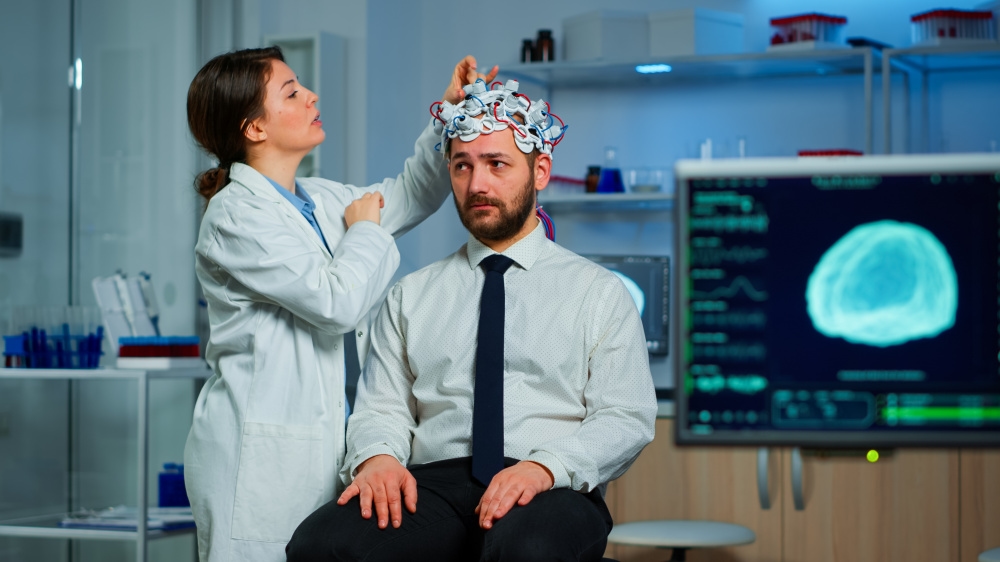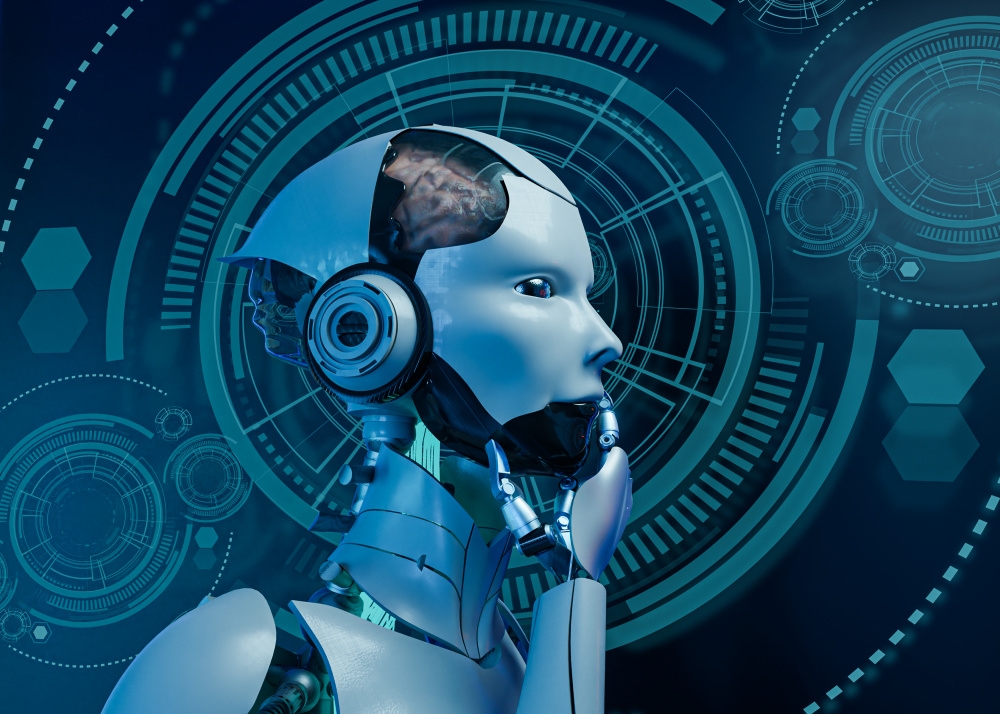UNESCO to adopt first ethical standard for neurotechnology

The document is designated as the final stage of UNESCO's work on the ethical dimensions of artificial intelligence, which began in 2018. The organization's Director-General, Audrey Azoulay, noted that despite its potential, neurotechnology is fraught with risks, and the new normative document will help "establish clear boundaries and enshrine the principle of the sanctity of the human mind." Neurotechnology is used in everyday gadgets—headphones, sleep masks, concentration-enhancing headbands, and others—and users are unaware of how these devices use their data to track heart rate, stress levels, or sleep. This information can potentially be shared without the consumer's consent.
The document begins by defining the terms "nervous system" and "neurotechnology." Neurotechnology refers to devices and systems that access the nervous system and measure, analyze, and predict its performance. The text also states that devices with neurotechnology influence physical and mental processes and may have long-term consequences. Among other things, they are capable of tracking eye movements, recognizing and analyzing voice and facial expressions, conducting gait analysis, monitoring movements during sleep, and measuring blood pressure.
Developers of such devices must respect human rights and human dignity. It is not recommended to use neurotechnology on children and adolescents for non-medical purposes, as their brains are still developing. The use of these technologies in the workplace for productivity monitoring or the creation of personal profiles of employees is unacceptable.
The authors of the ethical standard place particular emphasis on the dissemination of neurotechnological innovations among disadvantaged and marginalized populations to "prevent bias, persistent disparities in healthcare and other areas, neglect, and disrespect." They also specifically mention providing access to neurotechnologies to people in vulnerable situations and those with neurological conditions. Furthermore, equal access to evidence-based and reliable solutions should be a priority, regardless of socioeconomic status, geographic location, or any other factors. UNESCO believes that the use of such technologies should be carefully studied, as they pose a risk of discrimination and inequality in society.
According to ethical guidelines, any research and development involving groups and communities should be conducted with their consent and under their guidance. Consent must be prior and informed, with clear and detailed information provided about the objectives, risks, benefits, alternatives, and outcomes. Informed consent is age-appropriate and includes the ability to withdraw from the study at any time.
To prevent the threat of violating international law, all those involved in the development of neurotechnologies must be responsible and act in solidarity with one another. Development must ensure that environmental damage is minimized throughout the entire life cycle of the materials used.
Neurotechnology companies must adhere to professional standards and the principle of doing no harm. The principles of balance and legitimacy apply to both the application of neurotechnology and the resulting data to ensure the appropriate use of the technologies, consistent with the intended user group and scientific evidence.
Clear safeguards must be in place to prevent the collection and misuse of user data. UN member states must ensure access to justice and effective remedies for victims and work with stakeholders to hold those responsible accountable.
According to UNESCO, investment in neurotechnology companies increased by 700% from 2014 to 2021. The sector remains in demand. For example, in August 2025, OpenAI co-founder Sam Altman announced plans to invest up to $250 million in Merge Labs, a new project developing brain-computer interface technologies. This device allows for direct connection of the human brain to a computer, reading and transmitting neural signals.
vademec




